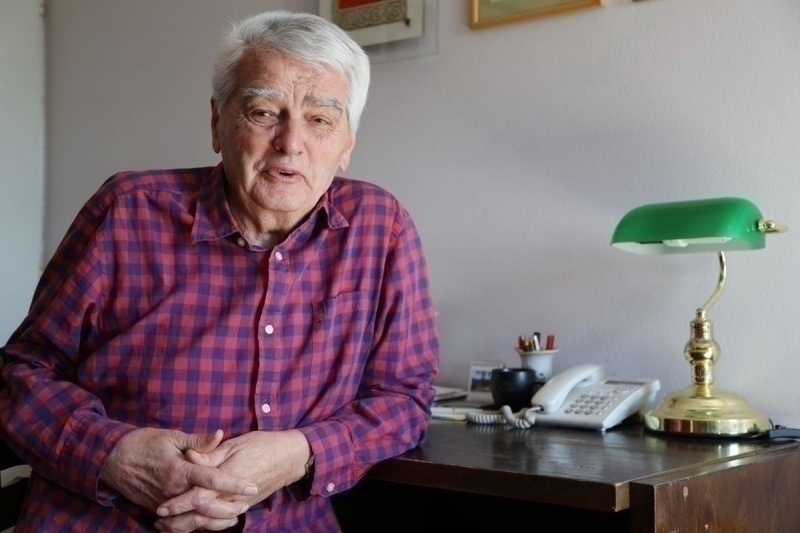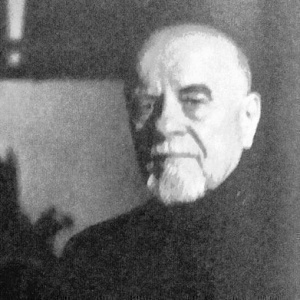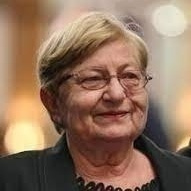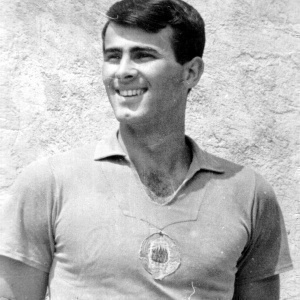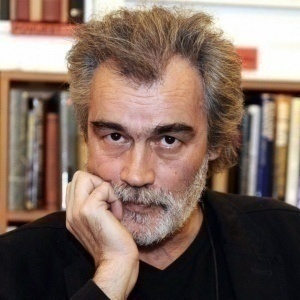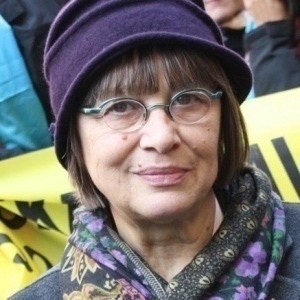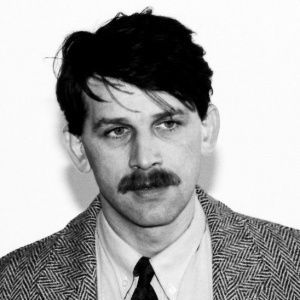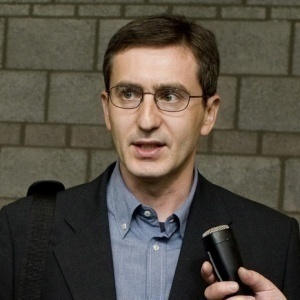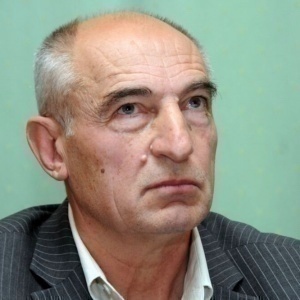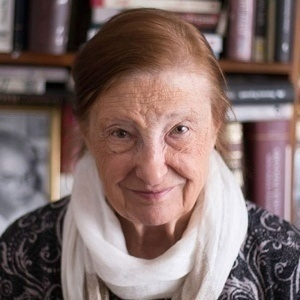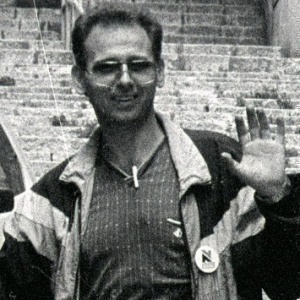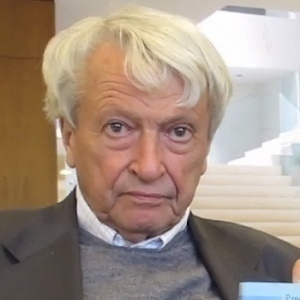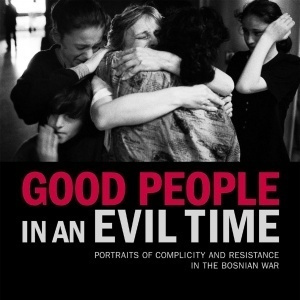He was born in 1934 in Velika Obarska, near Bijeljina.
A graduate in Serbian and Croatian language and Yugoslav literature at the Academy of Pedagogy in Tuzla, Lazar worked as a teacher and a manager. He has written hundreds of articles and literary works, including a book entitled To my Teacher, With Love. He is also co-author, with Svetlana Broz, of the book Having What it Takes, published in 2006. He won various prizes, among which one for his teaching skills in 1976. Since 1994, he has worked as an independent reporter.
As the headmaster of the primary school "Radojka Lakic" in Bijeljina, Lazar declined the request of those responsible for the Balkan's ethnic cleansing to only enroll Serb children in his school and to give them a list of non-Serb pupils. Facing the cameras of a foreign TV station, he stated that he only recognized two ethnic nationalities in his school: the nation of 'students' and the nation of 'teachers'. Moreover, Lazar ignored, and never implemented, the request to remove all non-Serbian workers and teachers from the school, and, in defiance of the government's official policy, he refused to have priests in his school to teach religion.
"When I was a boy," Manojlovic recounts in Having What It Takes: Essays of Civil Courage, "I read about a high school principal in Belgrade and his courage shown during the persecution of Jews in WWII. At the time, he came up with the idea of distributing papers with new names to all Jewish students. By doing so, he saved the lives of many people, putting his own life at risk. Altruism does not know selfishness: saving a life means helping humanity. Fifty years later, as a principal, I tried to do everything I could to help those persecuted by Karadzic's bandits. They asked me to only allow ethnic Serbian children to the school. To these requests, in front of the cameras of a foreign television, I replied that there are only two nationalities inside the school: that of the students and that of the teachers".
The authorities also ordered Lazar to make his students destroy the monument to Radojka Lakić, the WWII heroine after whom their school was named. Since she was not Serbian, they believed her image should have been removed from the school. Once again, Lazar declined this request, telling them that no one in his school would ever destroy that monument: to do so would have meant killing Radojka Lakić for the second time and perpetrating acts of vandalism. Teaching students to vandalize monuments, Lazar maintained, would have been a crime. Following the destruction of all the mosques in Bijeljina, Lazar made a statement to a foreign TV station saying that that was both a crime against a whole ethnic group and the worst kind of vandalism: it was unforgivable, he said, to destroy sacred places.
Lazar Manojlovic also succeeded in getting several Bosnian Muslin freed from the Batkovic concentration camp. For these and other acts of civil courage as headmaster of the school, the Orthodox Church excommunicated him, and two former guards in the Batkovic concentration camp, one of whom later took his place, expelled him by threatening him with their guns.
Lazar has never disavowed his past. "The price I paid for my disobedience", he said, "is little if compared with the fact that I saved my conscience, that I never bent to anybody's will, that I kept myself honest and proud, although I was completely alone".
For his actions and civil courage, in 2008, Lazar Manojlovic received the Duško Kondor Prize.


